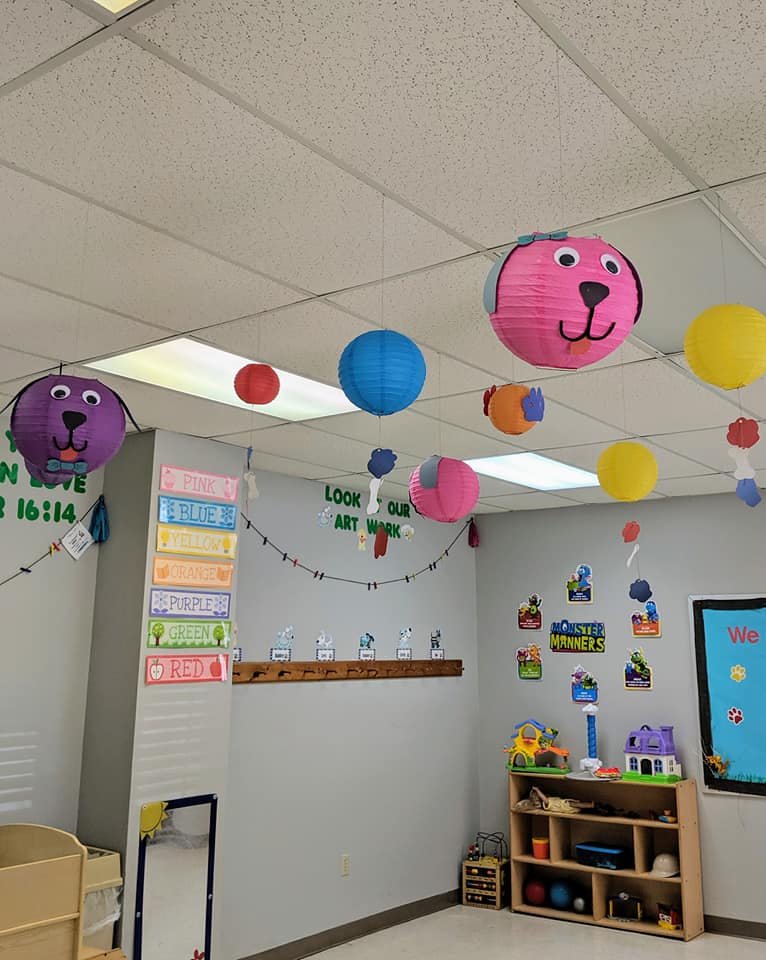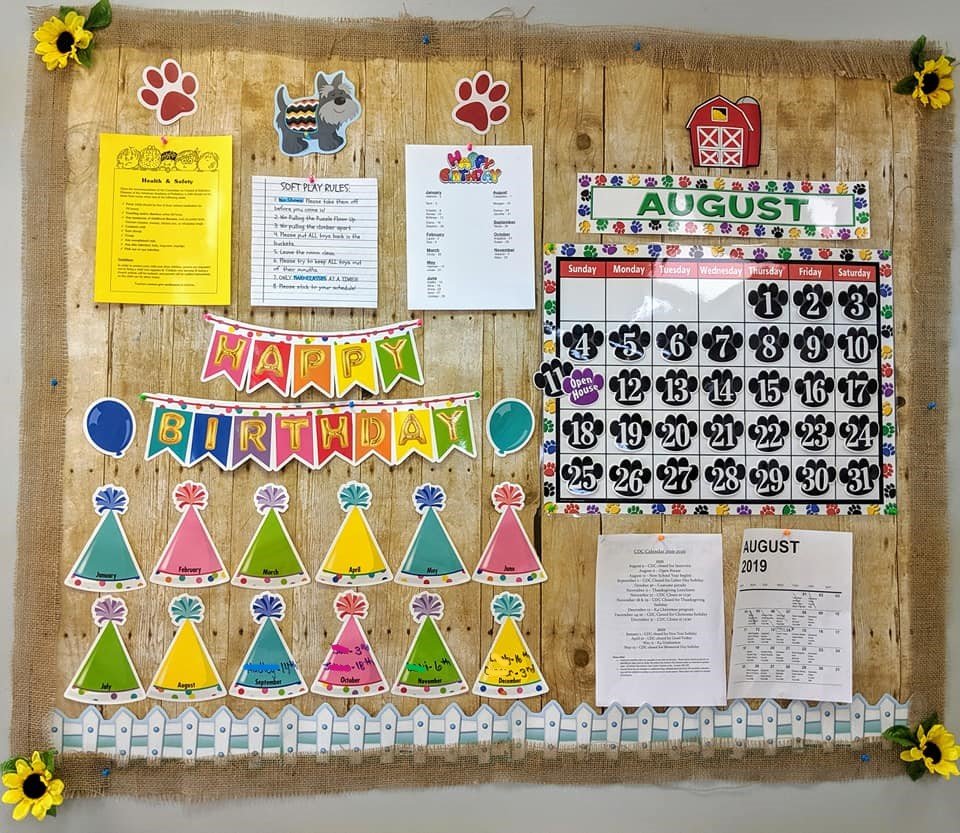
If ever a parent should be cognizant of something, it would be their childcare. Working in daycare/preschool was an eye opener, and when I had my miracle baby, I wasn’t comfortable sending him to the daycare I’d worked at for 4 years.
Even though my daycare was Christian-based and my bosses were great, there were many scenarios that left me feeling a little unsettled. I can’t cover all of them here, but here are the 10 things daycares don’t advertise to its parents:
1. Staff Turnover Rates
Two job types that have high turnover rates are childcare and mental health, and I’ve worked both. If your teachers/staff quit frequently, it drastically disrupts the consistency and stability of care for your child.
Many daycares have a revolving door with staff because despite background checks, a lot of these employees lack the patience, skillset, and knowledge of how to care for/teach small children. Ask for your Centers’ turnover rates!
2. Ratio Compliance Issues
Nearly every facility struggles to maintain the required staff-to-child ratios and this impacts the quality of care and attention your child receives.
When I was 7 months pregnant, I was often teaching about 12 two-year-olds during the day due to certain circumstances. Don’t let drop-off/pick-up fool you…sometimes your child becomes lost in a sea of chaos one teacher alone cannot control.
3. Minor Accidents & Incidents
Staff may be told to withhold full disclosure on the exact scenario of an incident.
For example, if they tell you that they want to move your child up to the next class during a time they aren’t doing mass move-ups, your child may have been bullying other kids. If your child comes home with several incidents of minor injuries, your child might be the one who is being bullied. They may not disclose that, however, and the teacher cannot tell you which child is doing the bullying. We were never asked to lie, but at times to omit the full scope of the situation at hand.
4. Cleaning & Sanitation Practices
Daycares are expected to maintain clean and sanitized environments but not every teacher complies with this.
Even if the room looks tidy, some teachers are too lazy to spray and wipe down toys and surfaces at the end of the day. This is how outbreak of contagious illnesses spread like wildfire.
5. Teacher Pay and Qualifications
Most places hire staff who aren’t highly qualified and who have little to no experience.
I had degrees in Psychology and Sociology but still was only paid $8.50/hr…the same pay as coworkers who were high school graduates with zero experience with children. Training these staff sometimes looks like a slideshow on child development and that is it.
With such low pay, many teachers don’t give 100% to their job because…well, you get what you pay for. I loved teaching and did it not for money, but for the love of teaching children.
A lot of teachers may act enthused and competent, but after drop-off, that façade fades away. That isn’t to say you shouldn’t trust your teacher, but you would be remiss not to ask other parents’ opinions who have already had that teacher.
6. Staff Background Checks
The screening process for background checks is different with every facility. Daycares don’t typically provide specific information that might be significant to you. Ask about their protocols, their qualifications for staff in terms of education, skills, criminal history, etc.
7. Behavioral Issues & Disciplinary Approaches
Are their disciplinary approaches detailed and thorough?
Behavioral issues with your child or a classmate might not be disclosed properly. Ask what techniques they employ and how they document certain issues and how they are handled.
8. Parental Access Policies
There are typically strict policies regarding parental access to the facility during operating hours.
It’s important to know the rules of how you or other family members can visit, drop-off, and pick-up. There are times during the day they will not want you to pick-up and they will turn away people trying to pick their child up if they aren’t on the approved pick-up list. Even if you sent them, they could still be turned away.
They also may not disclose the fact that if you’re late picking your child up, you can be fined to supplement the teacher staying over hours with your child. Late fees add up!
9. Communication Protocols
Daycares have different levels of communication they honor, but if yours is less detailed, I would press for more information.
Less information may mean your teacher is not teaching/interacting with your child like they should. About 90% of fellow teachers who didn’t fill out a daily activity sheet had done nothing with the kids worth sharing. A small percentage who didn’t fill a sheet out were poor with time management and had packed so much into their day they didn’t make time to document.
Be sure to find out why your teacher isn’t doing these sheets, and be wary of a teacher lying on their daily activity sheets but did none of the activities listed. I’ve seen both happen.
10. Financial Stability of the Daycare
Many daycares’ budgets don’t allow for all the supplies your child may need. When I taught, I bought a lot of craft supplies and decorations out of my own pocket and knew several other teachers who did the same.
Be aware of your child’s classwork—when I took over the 2-year-old class because the teacher was fired, there was no curriculum and they provided none, so I had to build my curriculum from the ground up and with my own money.
A lot of teachers won’t do this, so check into your child’s program. Classwork doesn’t need to be complex at these ages, but they should have some form of curriculum outlined.
These are just a slice of the pie on the inner workings of a daycare. The horror stories I could tell! But that’s for another day. For now, do a little digging, ask those hard questions, be that parent that wants to know it all.
Check into local regulatory agencies and seek recommendations and reviews from other parents. Daycare should be an informed decision—don’t just go with the cheapest or most convenient if it can be helped. That’s the quickest way to regret.

